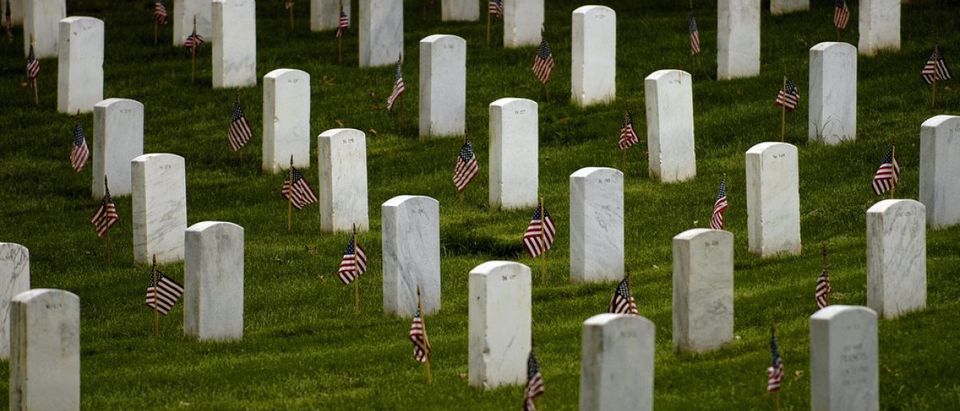Listening to Thursday’s speech by General John F. Kelly, I had a flashback to a story told to me years ago by a senior Marine. When this man was a junior Marine, his job was to deliver poinsettias to Marine Gold Star families in the San Diego area. The families mostly consisted of those who had lost men in the Vietnam War. He told me it was one of the toughest jobs of his career.
The dead were no longer mere names on a tombstone or wall, but people who once had homes, families, childhoods, and the experience of growing up.
That realization changed my Marine friend. It didn’t make him a pacifist, but he became much more aware of the humanity of the people under his command.
Further, I appreciated General Kelly’s reference to the staff of Dover Air Force Base – it’s about an hour south of my house. Out-of-staters who drive south on Highway One to the beaches pass by the base, and never know what goes on there.
But Delaware is a small state, and it’s no secret here that Dover duty is very tough duty, as it’s the mortuary center for the active military services.
No matter what the condition of the body is, if it can be fitted into a dress uniform, Dover’s Air Force mortuary staff will do it. And that uniform will not have one speck of lint on it – even if the casket is never opened for a viewing. It doesn’t matter; the uniform must be perfect, with the all of the service member’s medals and ribbons in place.
Why such meticulousness? It’s the military’s way of respect for a fallen warrior.
Lastly, if you’ve seen the movie ‘Patton’, you may recall how he ordered that deep graves be dug immediately for the dead after a World War II battle in Tunisia – he did not want the bodies to be looted. He also required a guard to keep watch over the graves. I’ve read quite a bit about Patton and this seems entirely in keeping with his ethics as a warrior and a classicist (much of the fighting took place at the ancient Roman battlefield of Carthage).
Today there is an American military cemetery in Tunisia (the property includes part of the Carthaginian battlefield) for our dead from the North African campaign.
The cemetery has a statue of a stylized woman in plain garb holding an olive branch of peace. But the words beside it matter more:
HONOR TO THEM
THAT TROD THE PATH
OF HONOR
Views expressed in op-eds are not the views of The Daily Caller.


